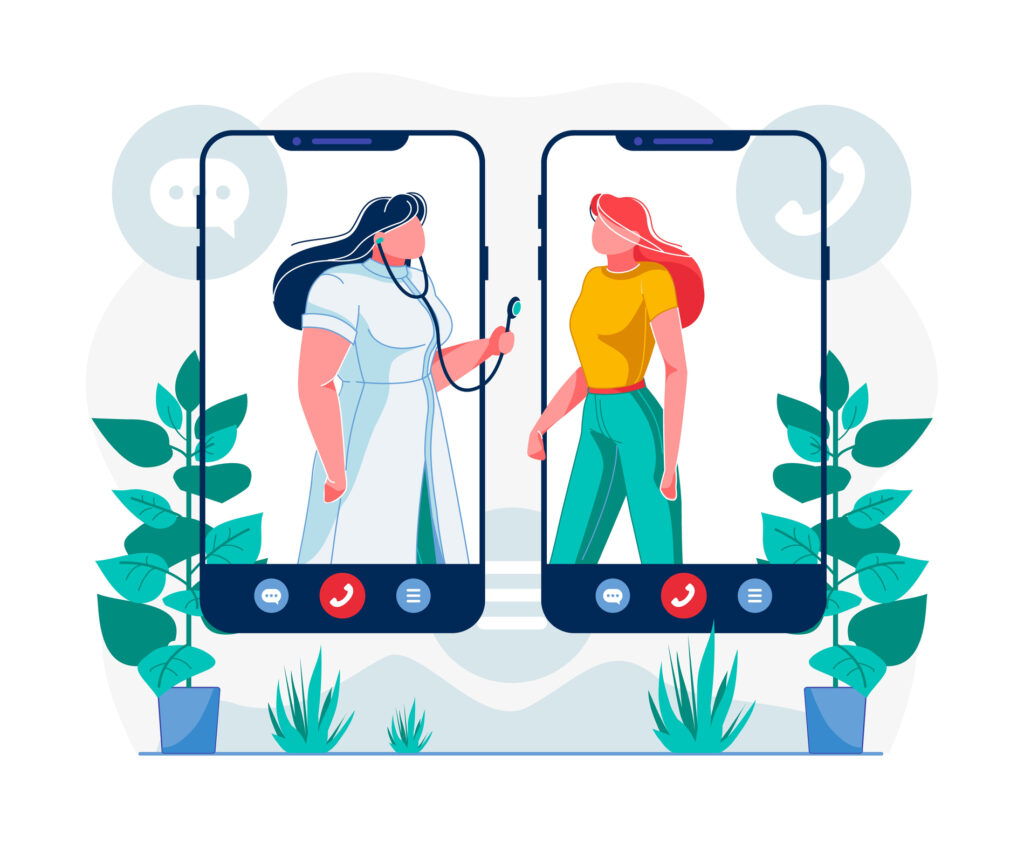Remote Patient Monitoring (RPM) can be one of the most effective programs you can implement to manage the care of your patients suffering from a chronic disease. Wearable devices track their vitals and send alerts to doctors when potential complications are recorded, serving as an advanced warning system for detecting problems weeks in advance before patients experience symptoms. Not only does this help your patients avoid unnecessary ER trips and expenses, it encourages them to work toward healthier lifestyles. Yet for all of these benefits — and in spite of 2020’s big healthcare push for all-things-remote — many providers are still far from implementing full-fledged RPM programs. The reason, says mHealthIntelligence, is that they simply don’t have enough trained nursing staff for managing them.
The Stats
According to a survey of 110 cardiology providers, “roughly 43 percent of physicians are only using RPM platforms for 20 percent or less of their patients.” It went on to further state that:
…almost 94 percent [of health systems] are using RPM to track rhythm management, but a third are collecting that data from less than 60 percent of their patients. Also, less than 68 percent are monitoring for heart failure, and less than 15 percent are tracking hypertension. (Vendor Survey IDs Challenges for Remote Patient Monitoring Programs, Eric Wicklund, mHealthIntelligence)
While it’s up to physicians to prescribe the appropriate RPM devices for their patients, as well as educate them on their use, it’s often nursing staff who must handle the analysis of that recorded data. If you don’t have the resources to hire and train them internally, your best option is to outsource this analysis to call center support or outsourced telephone nurses. Outsourcing is also often less expensive then hiring your own staff and it saves valuable physician time.
Non-Clinical Call Center
Call center representatives serve as a non-clinical solution for monitoring and verifying patient wearable devices because they can still use the rules set down by physicians or device manufacturers to evaluate those device results. This includes verifying whether abnormal alerts are legitimate emergencies that require physician intervention, or the result of patient user error. Reps can also answer questions and further educate patients on the correct operation of their wearables, as well as identify when those devices may be malfunctioning.
Outsourced Nurses
A nurse care team provides a thorough patient care response program. These RNs have industry standard protocols from Drs. Schmitt and Thompson to assess patient symptoms, and have access to specific disease or device protocols to evaluate potential alerts. The service is effective since the nurses have access to nurse triage software that guides them through the protocols, questions, and dispositions that ensure the appropriate level of patient care, and can integrate that call data with a provider’s specific EMR.
Everyone benefits
Coupling RPM with an outsourced call center or nurse triage line makes sense for all parties involved. It improves patient outcomes by giving doctors advanced notice on potential complications. It saves your clinical staff from being overwhelmed with data analysis or patient evaluation. And it’s a great way for your patients to stay accountable in their own health, offering daily reminders for them to follow their doctors’ care instructions and take their prescribed medications. Finally, CMS also currently reimburses doctors for up to $120 per patient a month for the use of remote devices.
Want to learn more about starting a successful RPM program or enhance your existing one? Let’s talk.
TriageLogic can help you with RPM devices by setting up a monitoring program for your chronic patients — including blood pressure, respiration, heart rate, and blood sugar, among others — when your practice already has nurses to do the monitoring. We can also provide your office the software it needs to document patient calls through standard or customized protocols, or we can supplement your in-house team with our own 24/7 call center and nurse triage support. When you’re ready, contact us to schedule a call and we will customize a program to best fit your needs.





